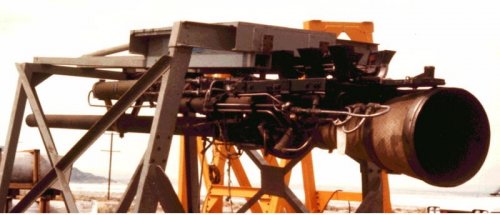LowObservable said:
We have the oldest fleet in history because every new system was curtailed.
That is incorrect. We have the oldest fleet in history because the DoD bet the future of the force on one program, which is late in development and over-budget on procurement (so that it has not been and most likely will not be acquired at planned rates). By comparison, the impact of the F-22 cutback (152 aircraft) is small.
It's a simple matter to look at 2001, or even 2010, program plans and see that the force today (and for most of the 2020s) would look very different if the goals had been achieved.
What was the alternative? Keep building F-16s until they aren't worth their weight in dirt? Wait until all the Harriers literally fall out of the sky? The main reason we have "the oldest fleet in history" isn't because of the F-35 boogieman. It's because of the huge
peace dividends procurement holidays of the 90s where we bought relatively few jets, ships, missiles, etc.. Pick your poison; surface fleet, bombers, fighters, tankers, submarines, tanks, ICBMs, etc. etc. etc. they're ALL the "oldest fleet in history" for this very reason.

